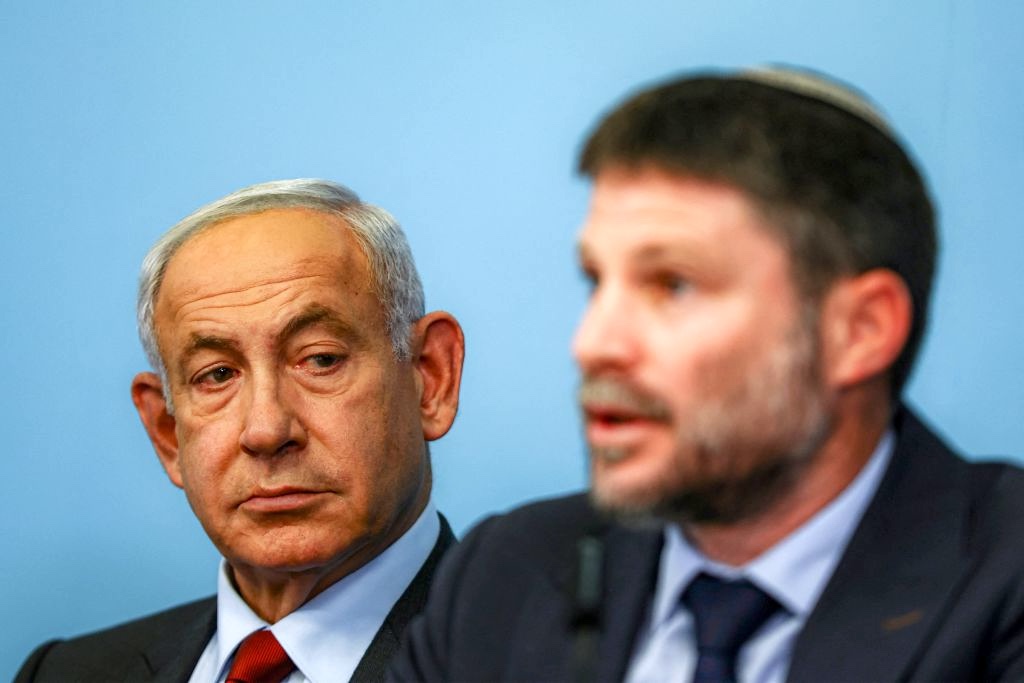“The reckless approval of an agreement with the Hamas terror organization . . . represents a disgraceful surrender. This deal forfeits the IDF’s [Israel Defense Forces] hard-won achievements in the war, involves withdrawing forces from Gaza, and halts the fighting in a manner that capitulates to Hamas,” read the statement by Itamar Ben-Gvir, the leader of the Jewish Power party, as he resigned from the post of minister of national security earlier this week.
The much anticipated cease-fire agreement was received with celebrations among the many displaced Palestinians in the Gaza Strip, who expect to return to what is left of their homes after the extensive devastation inflicted by the indiscriminate bombing of the Israeli army. With the dire lack of food, medications, and basic supplies, and with civil infrastructures (schools, hospitals, universities) in shatters, Gazans hope the cease-fire could allow the alleviation of the humanitarian catastrophe that’s been their daily reality.
Tears of joy were also shed within Israel, where a majority supports the cease-fire agreement and welcomes the release of the hostages held in captivity by Hamas militants. Hamas released three civilians on Sunday; thirty more hostages — women, children, and injured — are due to be released within the first phase of the agreement, which will be drawn out over forty-two days. Their release will coincide with the release of almost two thousand Palestinian prisoners held inside Israeli jails, many of whom are so-called administrative detainees, who never faced trial and never had charges pressed against them.
Not only the celebrations in Gaza but also the relief felt by many Israelis were anathema to the Jewish Power ministers, who walked out on Benjamin…
Auteur: Uri Weltmann

